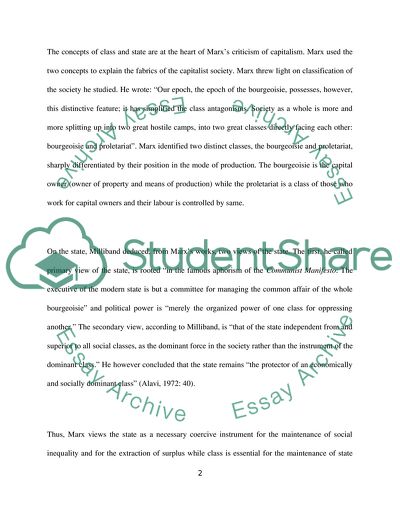Cite this document
(“How convincing is Marxs critique of capitalism Essay”, n.d.)
How convincing is Marxs critique of capitalism Essay. Retrieved from https://studentshare.org/miscellaneous/1544941-how-convincing-is-marxs-critique-of-capitalism
How convincing is Marxs critique of capitalism Essay. Retrieved from https://studentshare.org/miscellaneous/1544941-how-convincing-is-marxs-critique-of-capitalism
(How Convincing Is Marxs Critique of Capitalism Essay)
How Convincing Is Marxs Critique of Capitalism Essay. https://studentshare.org/miscellaneous/1544941-how-convincing-is-marxs-critique-of-capitalism.
How Convincing Is Marxs Critique of Capitalism Essay. https://studentshare.org/miscellaneous/1544941-how-convincing-is-marxs-critique-of-capitalism.
“How Convincing Is Marxs Critique of Capitalism Essay”, n.d. https://studentshare.org/miscellaneous/1544941-how-convincing-is-marxs-critique-of-capitalism.


